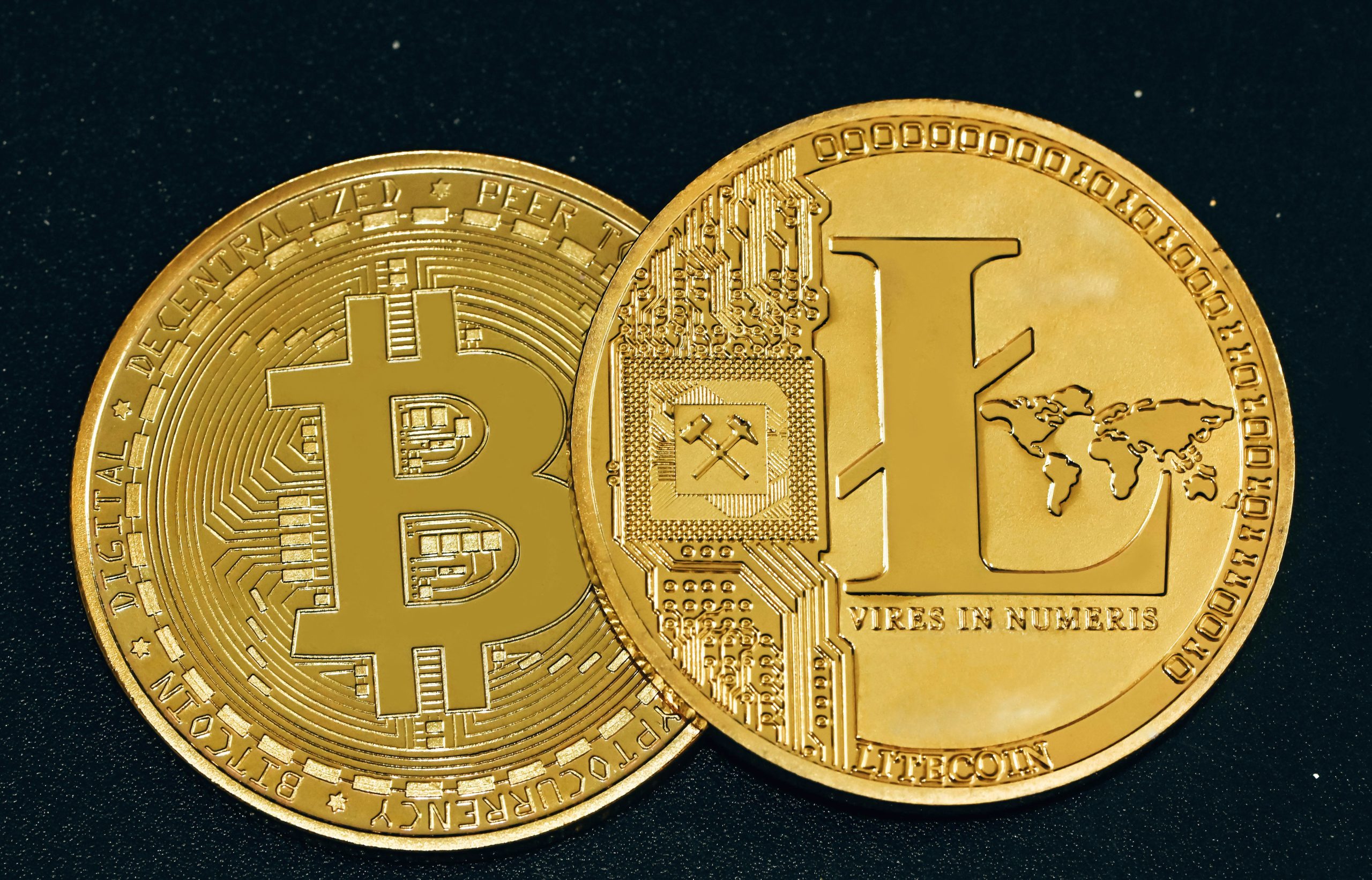Have you ever wondered what lies behind the fascinating world of cryptocurrency, where digital currencies like Bitcoin and Ethereum reign supreme? How does blockchain technology enable the secure and transparent transfer of assets? And what impact does decentralized finance have on the future of finance?
In this article, we will embark on a journey to unravel the intricacies of cryptocurrency and explore the latest trends and insights shaping this digital landscape. From understanding the concept of digital currency to exploring the transformative power of blockchain technology and decentralized finance, we will uncover the secrets that have revolutionized the way we perceive and engage with money.
Exploring Crypto Assets and Virtual Currencies
Welcome to the exciting world of crypto assets and virtual currencies. In this section, we will dive deep into the intricacies of these digital assets and explore the most well-known virtual currencies, like Bitcoin and Ethereum. We will examine their unique features, potential uses, and the importance of blockchain wallets in securely managing these valuable assets.
Crypto assets, such as Bitcoin and Ethereum, have gained significant popularity in recent years. Operating on blockchain technology, these virtual currencies offer a decentralized and secure way to transfer value across the internet. They are not tied to any central authority, enabling users to enjoy greater financial freedom and control over their assets.
Bitcoin, the first successful virtual currency, introduced the world to the concept of decentralized digital money. It allows for peer-to-peer transactions without the need for intermediaries, such as banks. As a result, Bitcoin has become a popular investment choice and a store of value for many individuals and businesses.
Ethereum, on the other hand, goes beyond being just a digital currency. It is a decentralized platform that enables developers to build and deploy smart contracts and decentralized applications (DApps). This functionality has paved the way for a wide range of innovative use cases, such as decentralized finance (DeFi) applications, non-fungible tokens (NFTs), and more.
One crucial aspect of managing crypto assets is the use of blockchain wallets. These wallets provide a secure and convenient way to store, send, and receive cryptocurrencies. They utilize cryptographic techniques to safeguard private keys, the secret codes that grant access to your digital assets. By using blockchain wallets, individuals can have full control over their funds and protect them from unauthorized access.
The world of crypto assets and virtual currencies is constantly evolving. As more people recognize the potential and benefits of digital currencies, innovative use cases and advancements in blockchain technology continue to emerge. In the following sections, we will further explore the expanding landscape of blockchain technology and its impact on decentralized finance.
The Evolving Landscape of Blockchain Technology
Welcome to the ever-changing landscape of blockchain technology. In this section, we will explore the revolutionary concept of decentralized finance (DeFi) and its profound impact on traditional financial systems. As blockchain continues to disrupt and transform various industries, including cryptocurrencies, it is important to understand the potential future developments and applications that lie ahead.
Decentralized finance, also known as DeFi, refers to the use of blockchain technology to create financial systems and applications that are open, transparent, and accessible to all. By eliminating the need for intermediaries such as banks or brokers, DeFi aims to democratize finance and provide individuals with more control over their financial assets.
One of the key benefits of DeFi is its ability to eliminate traditional barriers and provide financial services to the unbanked and underbanked populations. With blockchain technology, anyone with internet access can participate in a wide range of financial activities, such as lending, borrowing, and trading, without relying on traditional financial institutions.
Furthermore, DeFi enables the creation of complex financial instruments known as smart contracts. Smart contracts are self-executing agreements that automatically enforce the terms and conditions written into the code. These contracts eliminate the need for intermediaries, reduce transaction costs, and increase efficiency in various financial processes.
The Future of Blockchain Beyond Cryptocurrencies
While blockchain technology initially gained prominence through cryptocurrencies like Bitcoin and Ethereum, its potential reaches far beyond digital currencies. The decentralized nature of blockchain makes it suitable for various use cases, such as supply chain management, healthcare, voting systems, and more.
For example, blockchain can provide transparency and traceability in supply chains, reducing fraud and increasing consumer trust. In the healthcare industry, blockchain can securely store and share patient data, improving interoperability and privacy. Additionally, blockchain-based voting systems can enhance election integrity by ensuring immutability and preventing tampering.
As the financial and technological landscape continues to evolve, blockchain technology and decentralized finance are poised to play a significant role in shaping the future of various industries. It is crucial for individuals, businesses, and governments to understand and embrace the potential of blockchain, unlocking new possibilities and driving innovation.
Conclusion
In this article, we have explored the fascinating world of cryptocurrency and gained valuable insights into its trends and developments. We have discovered the transformative power of blockchain technology and the impact it has on various industries, especially in the realm of decentralized finance.
As the digital finance landscape continues to evolve, it is crucial for individuals and businesses to stay informed and adapt to these changes. Cryptocurrency offers unprecedented opportunities for financial inclusion, borderless transactions, and enhanced security.
By understanding the potential uses and benefits of crypto assets, such as Bitcoin and Ethereum, and familiarizing ourselves with blockchain wallets, we can navigate this exciting space with confidence. It is essential to be aware of the risks and challenges that come with cryptocurrencies and prioritize security measures to protect our digital assets.
As the future unfolds, we can expect further advancements in blockchain technology, paving the way for innovative applications beyond cryptocurrencies. Embracing these developments and staying informed about this evolving landscape can empower individuals and businesses to thrive in the digital economy.
